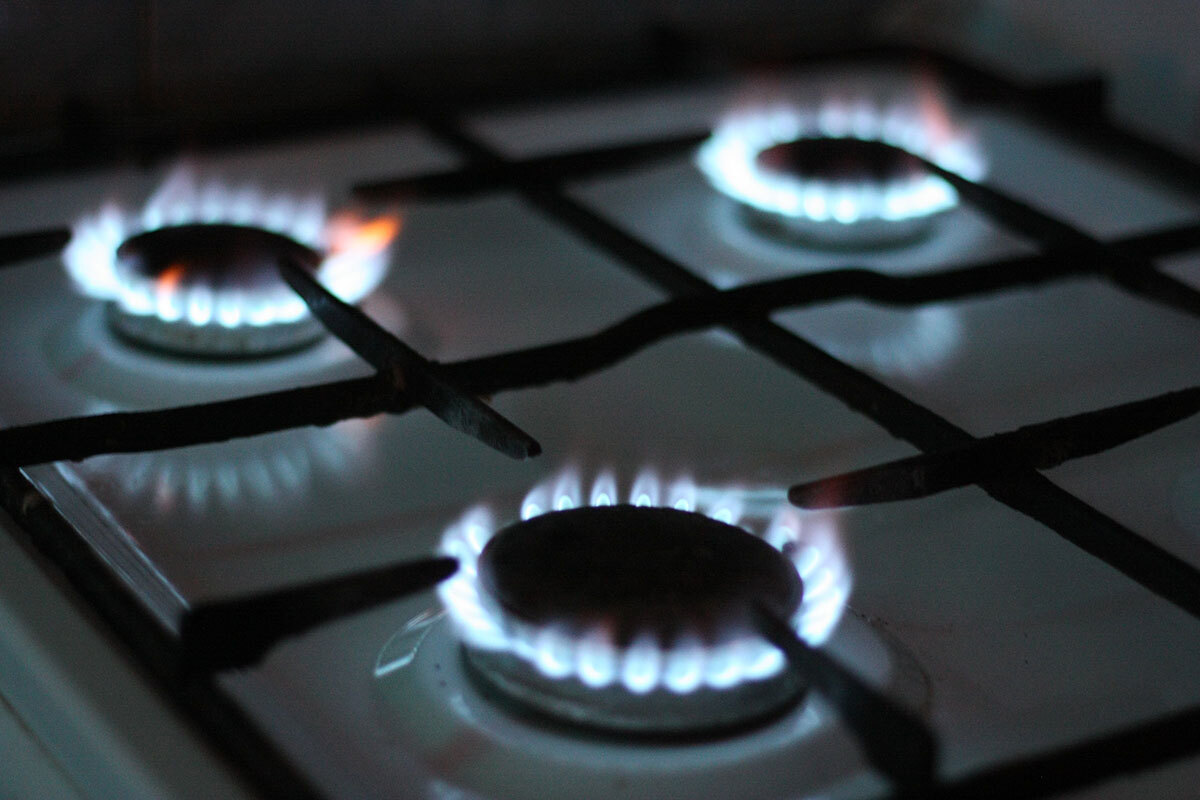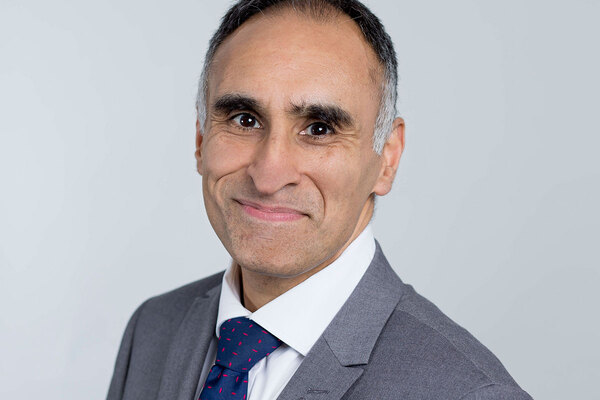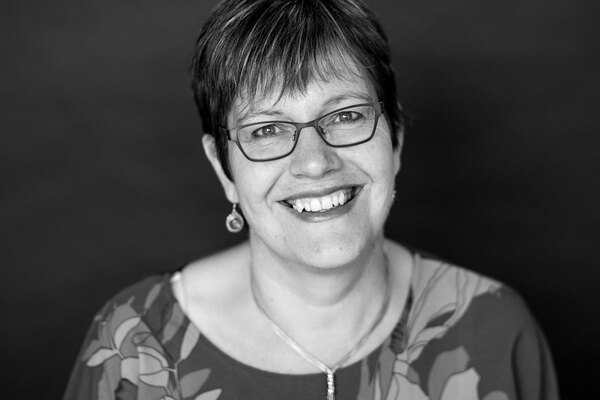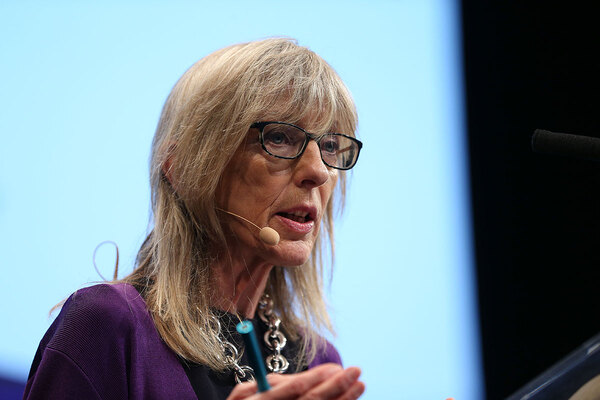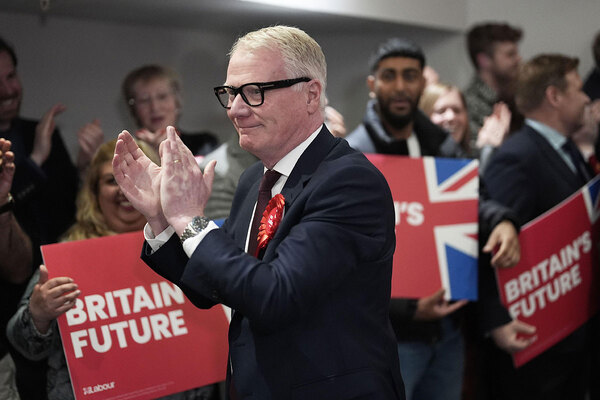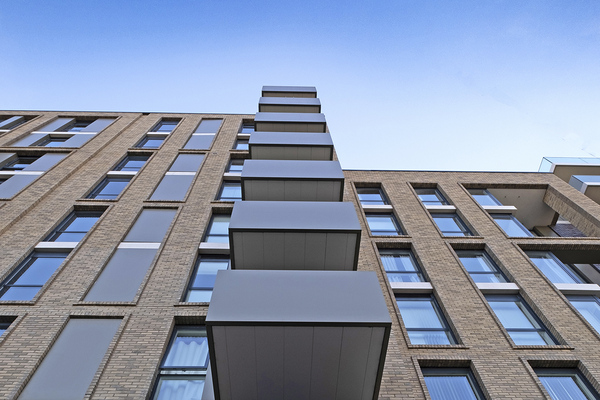You are viewing 1 of your 1 free articles
Energy watchdog launches review of standing charges
Energy regulator Ofgem is considering a review of standing charges as part of a radical overhaul of how households are charged for energy.
The energy regulator has published details of a review into standing charges, which hit people before they even use any power.
In its 59-page discussion paper, Ofgem said that this fixed element of bills had become more expensive for consumers in recent years and that “some form of change may be desirable”.
The paper does point out that the consequences of scrapping standing charges would be nuanced, as energy companies would push up unit prices to compensate, affecting different households and groups in various ways.
“Moving costs from standing to volumetric charges would create more winners than losers in electricity, but the opposite in gas,” said the report. “In both sectors, while most lower-income households would gain… significant numbers would also see their bills rise.”
One of the questions the consultation seeks to answer is: “Why are zero-standing-charge tariffs no longer offered in the market [except for in a few exceptions]?”
Ofgem wants consumers, suppliers and charities to respond to the paper by 19 January.
The energy watchdog said: “The group that is of greatest concern is likely to be low-income households with medical needs that force high energy usage, but others such as retired households that are off the gas grid would also be adversely impacted.
“Feedback from the review will help us to set out recommendations in our formal consultation due to be published next year. This formal consultation will lead into a policy on standing charges.”
In a comment piece for Inside Housing earlier this year, Peabody’s chief executive Ian McDermott explained how a family with a prepayment electricity meter could be unable to afford to use power but still accrue debt through the fixed element of their bill.
He said: “As a major provider of social housing, we know that many of our customers prefer to have prepayment meters because they say they are more convenient for them personally.
“The issue is not with prepayment itself. It’s the fact that it costs more and that there is an increasing element of compulsion.
“Households struggling to pay are being switched over to prepayment meters by the energy companies, sometimes without their prior knowledge or consent. In this scenario a family is not able to put the heating on but also keeps accruing debt because of the standing charges.”
In August, Ofgem announced its latest energy price cap, which will be in place from October to December.
After the cap was revealed, Rachael Williamson, head of policy and external affairs, and Matthew Scott, policy and practice officer at the Chartered Institute of Housing (CIH), called for a social tariff for social housing to be introduced.
In a joint statement, they said this was in part because “those who report greater difficulty with rental costs are also more likely to pay for gas and electric using a pre-payment meter, exposing them to high standing charges and self-disconnection from supply”.
When the consultation was announced this month, the CIH posted on X: “It is very welcome to see that Ofgem have launched a review into standing charges, which disproportionately affect households that use less energy.”
Mr Scott told Inside Housing: "Fixed standing charges disproportionately impact the poorest households and prepayment meter users, and we know that social housing residents are more likely to fall into one or both of these groups.
“However, with Ofgem’s review set to take place over several weeks, any changes it brings about will likely come too late for people struggling to keep their homes warm this winter.”
Sign up for our legal and regulation newsletter
Already have an account? Click here to manage your newsletters
